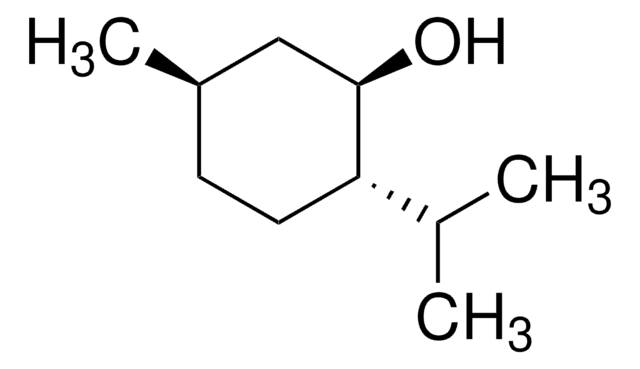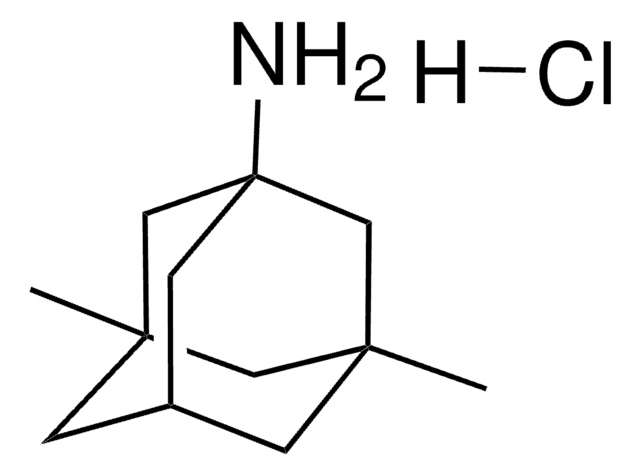PHR1214
Methyl salicylate
Pharmaceutical Secondary Standard; Certified Reference Material
Synonym(s):
2-Hydroxybenzoic acid methyl ester, Methyl 2-hydroxybenzoate, Oil of wintergreen, Wintergreen oil
About This Item
Recommended Products
grade
certified reference material
pharmaceutical secondary standard
Quality Level
Agency
traceable to USP 1537450
vapor density
5.26 (vs air)
vapor pressure
1 mmHg ( 54 °C)
API family
methyl salicylate
CofA
current certificate can be downloaded
autoignition temp.
847 °F
technique(s)
HPLC: suitable
gas chromatography (GC): suitable
refractive index
n20/D 1.536 (lit.)
bp
222 °C (lit.)
mp
−8-−7 °C (lit.)
density
1.174 g/mL at 25 °C (lit.)
application(s)
pharmaceutical (small molecule)
format
neat
storage temp.
2-8°C
SMILES string
COC(=O)c1ccccc1O
InChI
1S/C8H8O3/c1-11-8(10)6-4-2-3-5-7(6)9/h2-5,9H,1H3
InChI key
OSWPMRLSEDHDFF-UHFFFAOYSA-N
Looking for similar products? Visit Product Comparison Guide
General description
Methyl salicylate is one of the common ingredients present in topical analgesics and rubifacients. It is prescribed for the management of minor muscle aches and pains.
Application
Analysis Note
Other Notes
Footnote
Recommended products
related product
Signal Word
Danger
Hazard Statements
Precautionary Statements
Hazard Classifications
Acute Tox. 4 Oral - Aquatic Chronic 3 - Eye Dam. 1 - Repr. 2 - Skin Sens. 1B
Storage Class Code
10 - Combustible liquids
WGK
WGK 2
Flash Point(F)
204.8 °F - closed cup
Flash Point(C)
96 °C - closed cup
Regulatory Listings
Regulatory Listings are mainly provided for chemical products. Only limited information can be provided here for non-chemical products. No entry means none of the components are listed. It is the user’s obligation to ensure the safe and legal use of the product.
PRTR
Class I Designated Chemical Substances
FSL
Group 4: Flammable liquids
Type 3 petroleums
Hazardous rank III
Water insoluble liquid
JAN Code
PHR1214-3.2ML:
PHR1214-3.2ML-PW:
Choose from one of the most recent versions:
Already Own This Product?
Find documentation for the products that you have recently purchased in the Document Library.
Customers Also Viewed
Our team of scientists has experience in all areas of research including Life Science, Material Science, Chemical Synthesis, Chromatography, Analytical and many others.
Contact Technical Service










